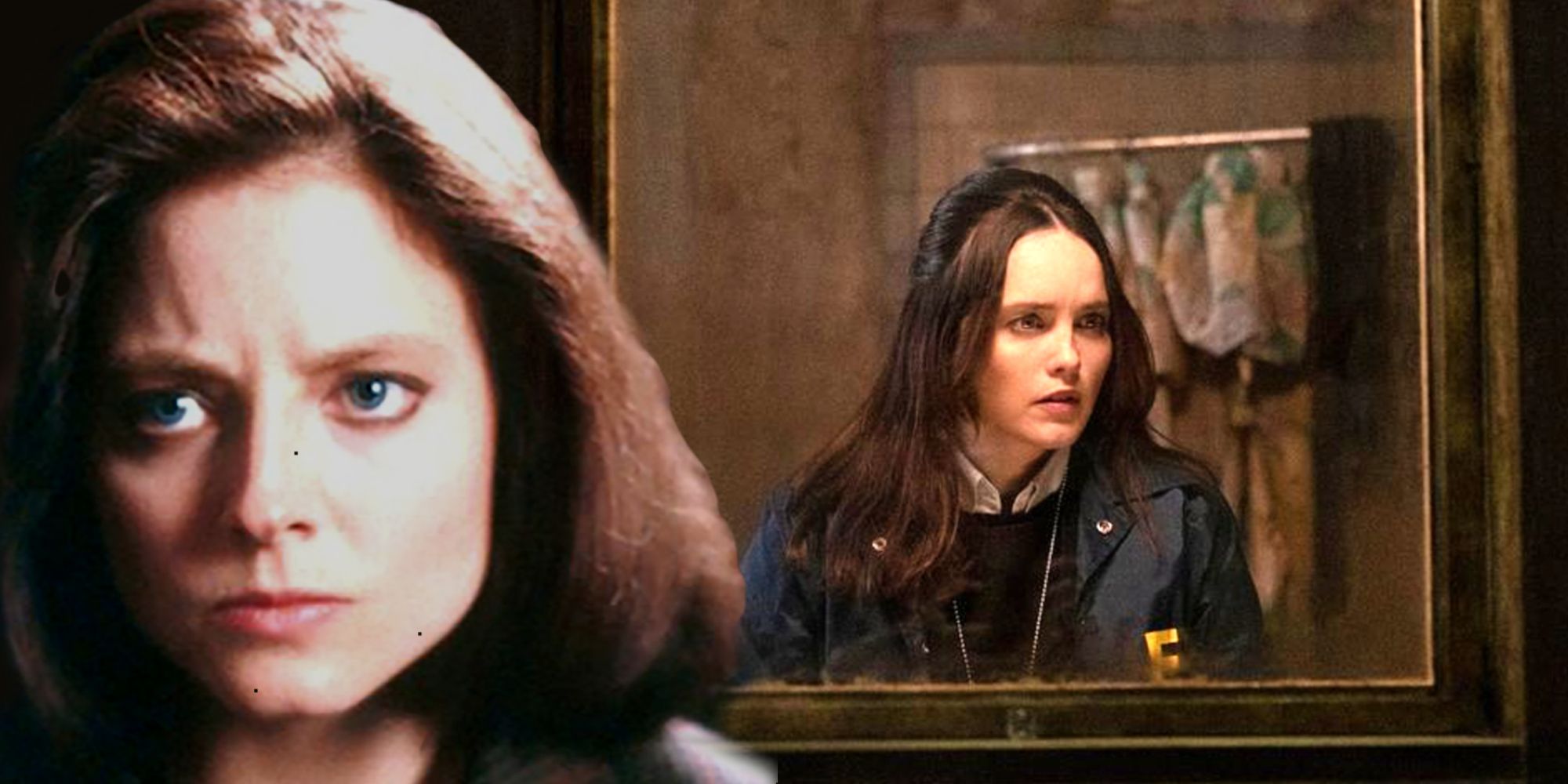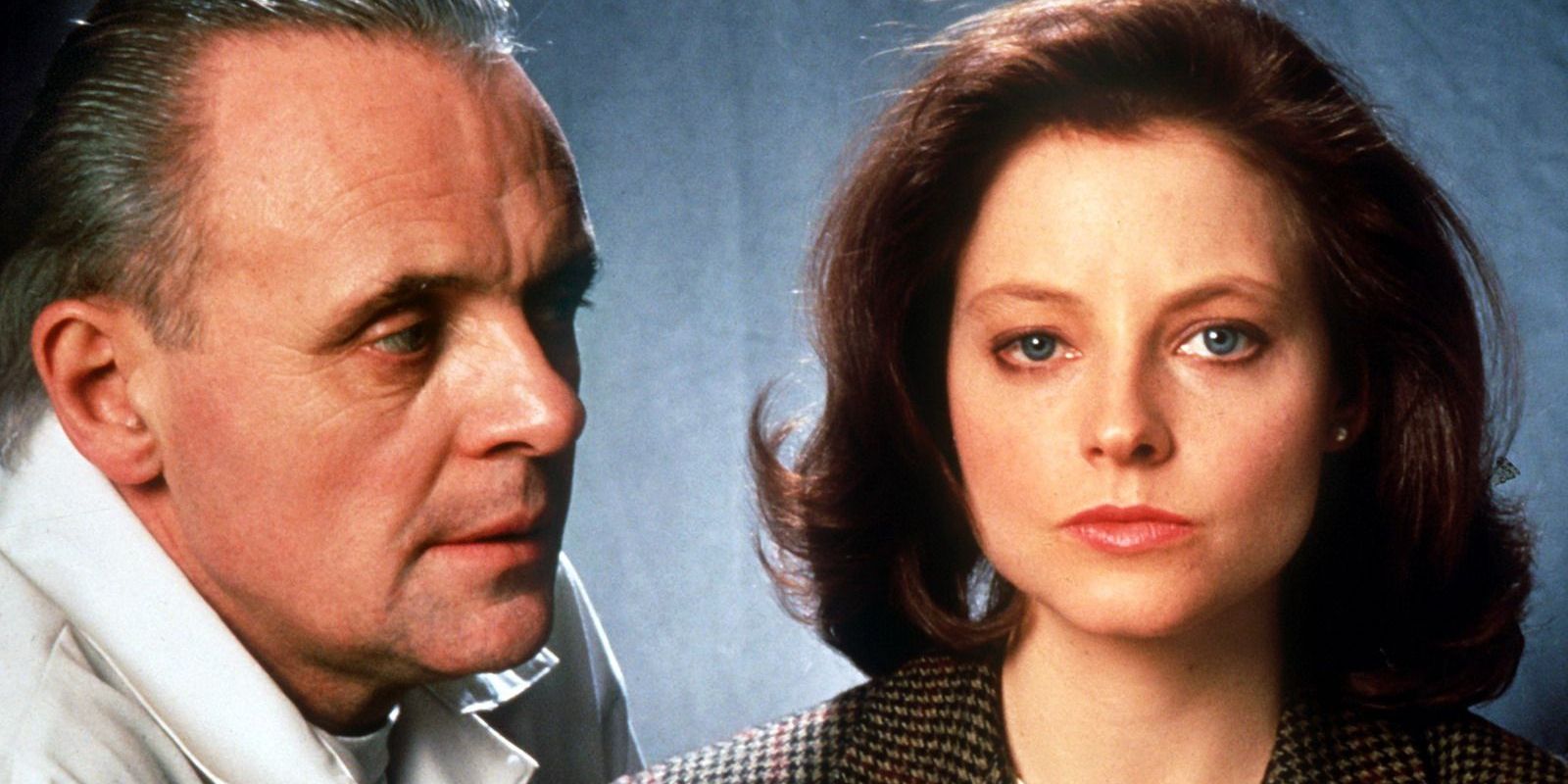
Here’s how CBS’ upcoming psychological horror, Clarice, can become a successful show as Agent Starling’s antihero story. Based on Thomas Harris’ critically-acclaimed novel, The Silence of the Lambs, Clarice is set in 1993, a year after the events of Jonathan Demme’s film adaptation of the novel, in which FBI agent Clarice Starling (Jodie Foster) tracks down a notorious killer with the aid of the imprisoned Hannibal Lecter (Anthony Hopkins).
Created by Alex Kurtzman and Jenny Lumet, Clarice is set to dive deep into the untold personal tale of Agent Starling (Rebecca Breeds), wherein she returns to the field to pursue serial murderers while navigating fraught political landscapes that encircle around her. Per the trailer for Clarice, the show’s focus seems to be on Starling’s “rage”, which is an inevitable byproduct of the pain and trauma she has had to undergo since her formative years. In Demme’s The Silence of the Lambs, Starling bargains her most traumatic childhood memory in a game of quid pro quo with Lecter, in exchange for the psychological profile of Buffalo Bill. This interaction, succeeded by the haunting chase she was involved in with Bill, might have potentially stirred repressed childhood memories for Starling, who still battles a void created due to the death of her father.
It is important to understand that it is incredibly difficult for Starling to navigate a male-dominated world as a young FBI agent, as she is often at the receiving end of fetishized stares and chauvinist perceptions by those around her. Razor-sharp, persistent, and incredibly self-aware, Clarice Starling navigates these scenarios with quiet strength, while confronting her vulnerabilities to reach the heart of a criminal labyrinth, which is by no means an easy feat. Now that she is back in the field in Clarice, Starling needs to continually confront her inner demons while dealing with the depravity of the serial murders occurring across Washington D.C. - a slippery slope for someone with a troubled past who is driven to impart justice in a world so bent out of shape. This positions Starling as the perfect antihero character, rife with complexities and nuances that are morally-grey in nature, much like the masterful portrayal of criminal profiler Will Graham in NBC’s Hannibal.

Moreover, the events of Harris’ novel and Ridley Scott’s film, Hannibal, which take place much later when Starling is in her mid-30s, ushers her character towards inevitable darkness when her fate becomes inexplicably intertwined with that of Hannibal Lecter. Faced with a career crisis caused by a botched drug raid, Starling finds herself in the crosshairs of self-erasure when Hannibal attempts to brainwash her through a regimen of psychotropic drugs at the end of Harris’ novel. While this is omitted in Scott’s Hannibal, Starling’s fate in the novel is bleak and terrifying, as she is psychologically manipulated by Lecter to consume a part of Paul Krendler’s brain, the prefrontal cortex. This is a cruel turn of events for Starling, who eventually breaks out of the conditioning, and chooses to remain with Lecter as his lover.
Keeping these canonical developments in mind, the pertinent question that arises is: Is Clarice setting up the stage for Starling’s eventual fate, or will it be working towards subverting it? By granting Starling’s character a tinge of moral ambiguity, the show can imbue her character with a transformative arc that helps prevent the events that ensue after, essentially positing her as a tormented soul entrapped in moral quandaries instead of a morally-upright do-gooder. Nevertheless, it will be interesting to witness Starling’s arc unravel now that the lambs have resumed their screaming, and the silence has ended.
from ScreenRant - Feed https://ift.tt/3838UG2





No comments: